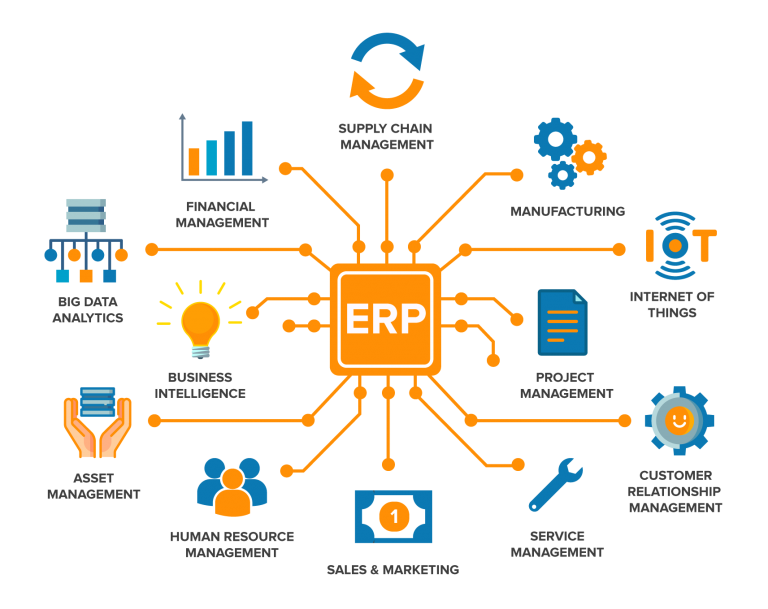The benefits of erp for small business via @
In today's digital age, businesses are constantly striving for efficiency and productivity. One proven way to achieve these goals is by implementing an Enterprise Resource Planning (ERP) system. This powerful tool helps small businesses streamline their operations and unlock a wide range of benefits.
The Benefits of ERP for Small Business

One of the key advantages of an ERP system is its ability to centralize and integrate various business functions. By combining processes such as finance, human resources, and inventory management into a single platform, small businesses can improve communication and collaboration across departments. This streamlines workflows, reduces duplicative efforts, and ultimately enhances overall efficiency.
Moreover, an ERP system provides real-time data and analytics, allowing small business owners to make informed decisions more quickly. With up-to-date information on inventory levels, sales trends, and customer preferences, entrepreneurs can optimize their operations, improve customer satisfaction, and drive business growth.
ERP Automation Benefits and Trends

Automation is another critical aspect of modern ERP systems. By automating repetitive tasks and workflows, businesses can significantly enhance productivity and reduce human errors. This enables employees to focus on higher-value activities that require creativity and critical thinking. With automation, small businesses can also improve accuracy and data integrity, ensuring reliable and consistent operations.
In addition to these immediate benefits, ERP systems help lay the foundation for scalability. As small businesses grow, their operations become more complex. With an ERP system in place, they can easily adapt and accommodate increasing demands and challenges without causing disruptions. This scalability allows small businesses to remain agile, seize opportunities, and maintain a competitive edge in the dynamic market landscape.
Moreover, ERP systems often come with built-in security features. With cyber threats on the rise, protecting sensitive business data has become more crucial than ever. An ERP system implements robust security measures, such as data encryption and access controls, helping small businesses safeguard their valuable information and mitigate risks.
In conclusion, implementing an ERP system offers small businesses innumerable advantages. From improved efficiency and collaboration to real-time data insights and automation, the benefits are diverse and far-reaching. By embracing this technology, small businesses can position themselves for growth, productivity, and long-term success in today's competitive business landscape.